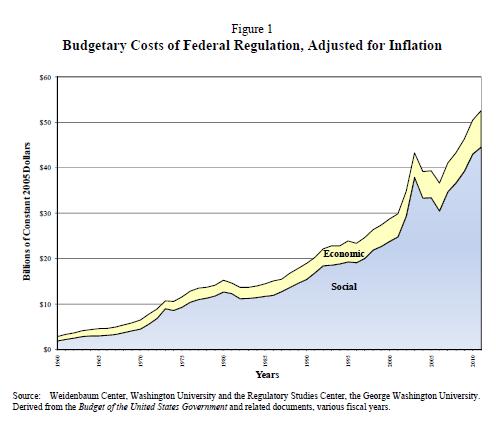
What’s the best idea out there to reduce poverty and improve urban life? Well, Paul Romer thinks a big part of the answer is his charter city idea. What’s the charter city idea, you ask? I’m not sure, actually. Professor Finkler has been on me to read about it, and I may finally take him up on it, as the new issue of The Atlantic has a feature piece, “The Politically Incorrect Guide to Ending Poverty.”
How’s that for a provocative title?
The article of course profiles Romer, who is by any account a fascinating character.
In the 1990s, Paul Romer revolutionized economics. In the aughts, he became rich as a software entrepreneur. Now he’s trying to help the poorest countries grow rich—by convincing them to establish foreign-run “charter cities” within their borders. Romer’s idea is unconventional, even neo-colonial—the best analogy is Britain’s historic lease of Hong Kong. And against all odds, he just might make it happen.
We’ll see.
In addition to charter cities and making Aplia happen, Romer is also the hero of David Warsh’s Knowledge and the Wealth of Nations: A Story of Economic Discovery. The first half of the book is a short course in the history of economic thought; the second is an accounting of Romer’s role in launching endogenous growth theory. Both halfs are well worth reading.



 Why, the investment banks, of course.
Why, the investment banks, of course. When you have the money–and “you” are a big, economically and culturally vital nation–you get more than just a higher standard of living for your citizens. You get power and influence, and a much-enhanced ability to act out. When the money drains out, you can maintain the edge in living standards of your citizens for a considerable time (as long as others are willing to hold your growing debts and pile interest payments on top). But you lose power, especially the power to ignore others, quite quickly–though, hopefully, in quiet, nonconfrontational ways. An you lose influence–the ability to have your wishes, ideas, and folkways willingly accepted, eagerly copied, and absorbed into daily life by others. As with good parenting, you hope that by the time this happens those ideas and ways have been so thoroughly integrated that they have become part of what is normal and regular abroad as well as at home; sometimes, of course, they don’t. In either case, the end is inevitable: you must become, recognize that you have become, and act like a normal country. For America, this will be a shock: American has not been a normal country for a long, long time.
When you have the money–and “you” are a big, economically and culturally vital nation–you get more than just a higher standard of living for your citizens. You get power and influence, and a much-enhanced ability to act out. When the money drains out, you can maintain the edge in living standards of your citizens for a considerable time (as long as others are willing to hold your growing debts and pile interest payments on top). But you lose power, especially the power to ignore others, quite quickly–though, hopefully, in quiet, nonconfrontational ways. An you lose influence–the ability to have your wishes, ideas, and folkways willingly accepted, eagerly copied, and absorbed into daily life by others. As with good parenting, you hope that by the time this happens those ideas and ways have been so thoroughly integrated that they have become part of what is normal and regular abroad as well as at home; sometimes, of course, they don’t. In either case, the end is inevitable: you must become, recognize that you have become, and act like a normal country. For America, this will be a shock: American has not been a normal country for a long, long time. BP’s stock, which traded at a 52-week high of $62.38 on Jan. 19, 2010, closed on June 1 at $36.52 a share, down 15% on the day. The post-spill sell-off has wiped out some $68 billion of BP’s market value, knocking it down to $114 billion. With the stock now in the cellar, some speculation even has it that BP may attract a buyer.
BP’s stock, which traded at a 52-week high of $62.38 on Jan. 19, 2010, closed on June 1 at $36.52 a share, down 15% on the day. The post-spill sell-off has wiped out some $68 billion of BP’s market value, knocking it down to $114 billion. With the stock now in the cellar, some speculation even has it that BP may attract a buyer. He finds big impacts. The red line in the picture is his estimate of the time series of BP’s stock price without the spill, and the black line is the actual price. Seems like a big effect.
He finds big impacts. The red line in the picture is his estimate of the time series of BP’s stock price without the spill, and the black line is the actual price. Seems like a big effect.




 That’s the
That’s the  It’s time to get ready for the penultimate Economics T
It’s time to get ready for the penultimate Economics T